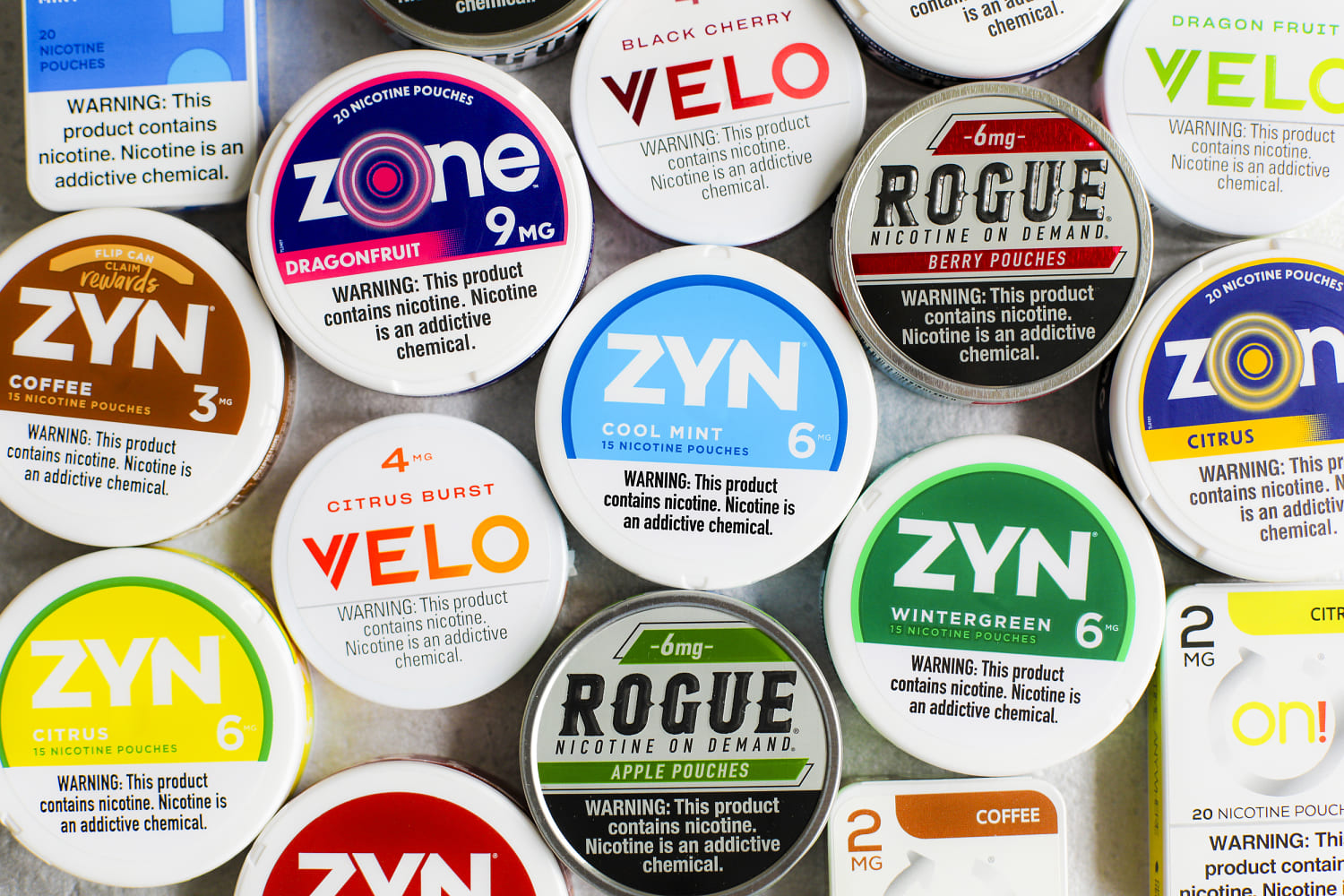Will Llamas wasn’t a regular tobacco user when a friend first introduced him to Zyn nicotine pouches. “I had convinced myself, because there wasn’t any tobacco, these were pretty safe,” Llamas, of Stamford, Connecticut, said. “I liked how it made me feel.
It tasted good. And so I was hooked.” The 32-year-old said he quickly became addicted to Zyn, using up to 20 pouches a day.

The pouches come in 3- or 6-milligram doses of nicotine in a variety of flavors , including coffee, mint and citrus. “It gives you a shot of dopamine, so you just feel a little energized, happier, almost focused,” Llamas said. Nicotine pouches like Zyn have soared in popularity in recent years.
Zyn, a Swedish brand, was acquired by Philip Morris in 2022, and in the first three months of this year, more than 131 million cans were sold, an 80% percent increase from the same time last year. Last month, a shortage of Zyn sparked outcry on social media. Other products include Rogue, Velo and On!.
Most are marketed as smoke-free, spit-free and hands-free alternatives to cigarettes and other tobacco products. “Usually when you say that something is free of something, it makes it seem less harmful,” said Tory Spindle, associate professor of psychiatry and behavioral sciences at Johns Hopkins School of Medicine in Baltimore. “Our concern is that, well, does that make them more appealing to someone that otherwise would have never tried any tobacco product?” While Spindle said nicotine pouc.























